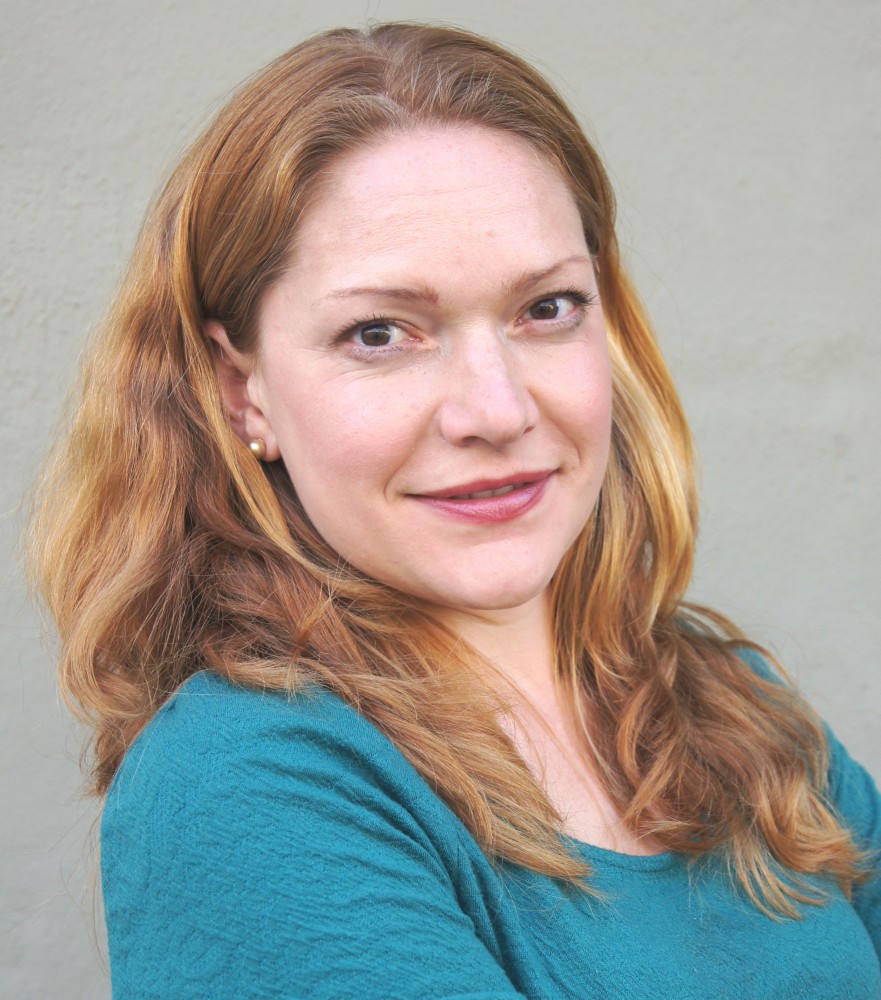 Demuth, an environmental historian, has long been interested in how human interests in the natural world interact with nature itself, specifically in a half-Alaskan, half-Russian region of the western arctic known as the Bering Strait. This region, already fractured along communist, capitalist, and indigenous cultural lines, is also subject to a rugged and unforgiving climate that offers little to facilitate either industry or agriculture.
Demuth, an environmental historian, has long been interested in how human interests in the natural world interact with nature itself, specifically in a half-Alaskan, half-Russian region of the western arctic known as the Bering Strait. This region, already fractured along communist, capitalist, and indigenous cultural lines, is also subject to a rugged and unforgiving climate that offers little to facilitate either industry or agriculture.
Demuth's research examines the way that both capitalism and communism have evolved against such a harsh backdrop. "It's a chance to see how two different and generally opposed ideas about how to organize social, economic, and cultural life changed—or didn't—under the pressures of the Arctic environment," she says.
Her efforts have yielded some surprising conclusions. "What I found is that Arctic conditions often altered how ideology was performed in ways that made the two systems, so contrary to each other in theory, sometimes look basically identical in practice," she explains. "It turns out that capitalism and communism don't exist, in reality, as fixed, unitary systems. They change across space, based on the ecologies they are trying to use and change."
Demuth's work is intimately connected to climate change and its consequences, which are already disproportionately affecting Arctic communities. "My research tries to trace how we as a species, and as members of the U.S. and Soviet national cultures, came to this point," she says, "while also setting down a record of what life was like in this place that is changing so radically."
She looks forward to continuing this work at Brown and with IBES. "Having the chance to work with people from a range of disciplines is really a dream job—not to mention having the chance to teach courses that try to bridge history and other fields," she says.
"This is what makes environmental history so exciting to me," she continues. "Teaching and researching with a group of colleagues with diverse expertise, but interested in cross-discipline questions, is thrilling."